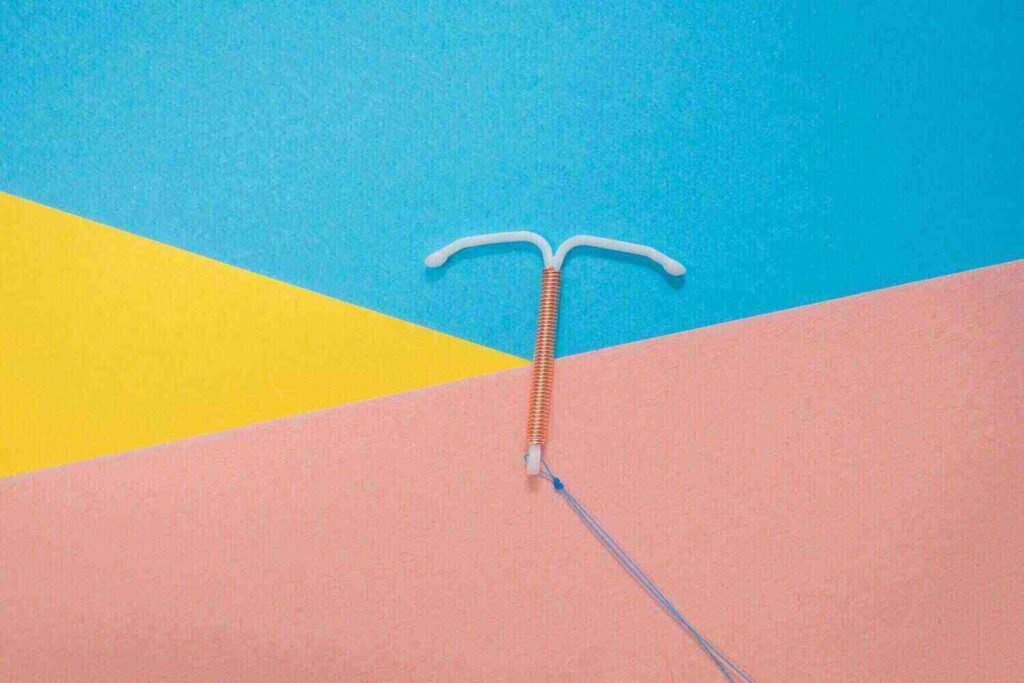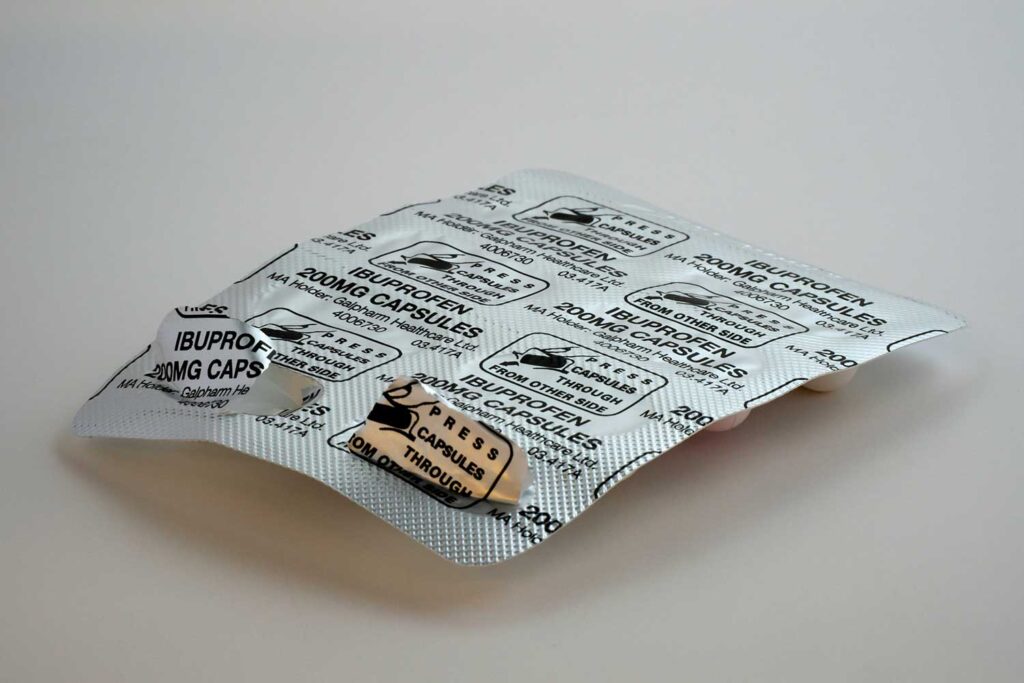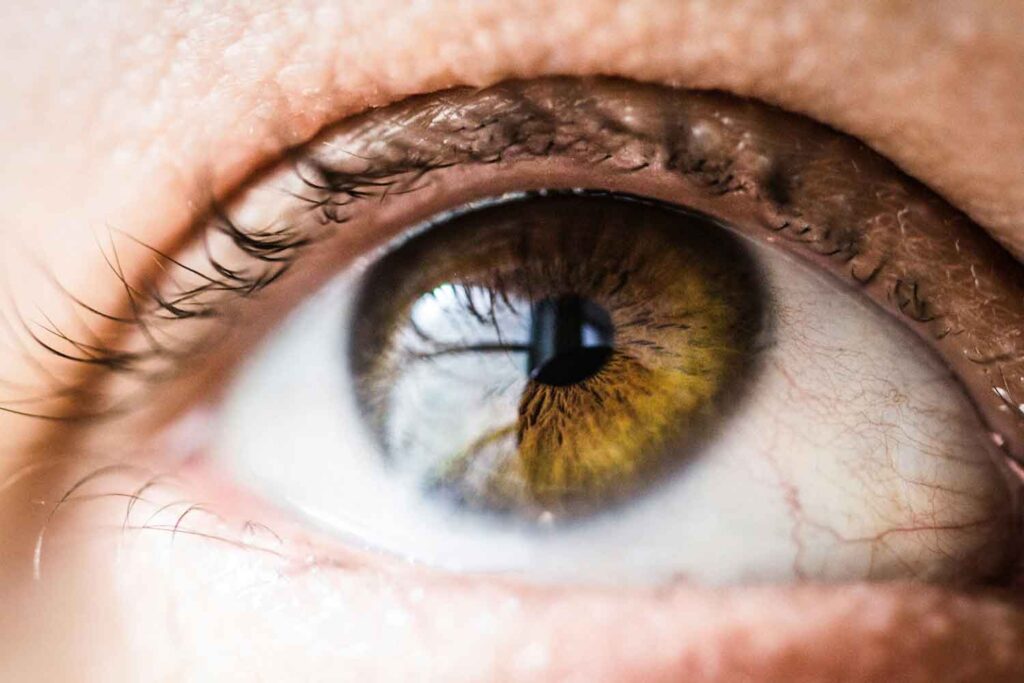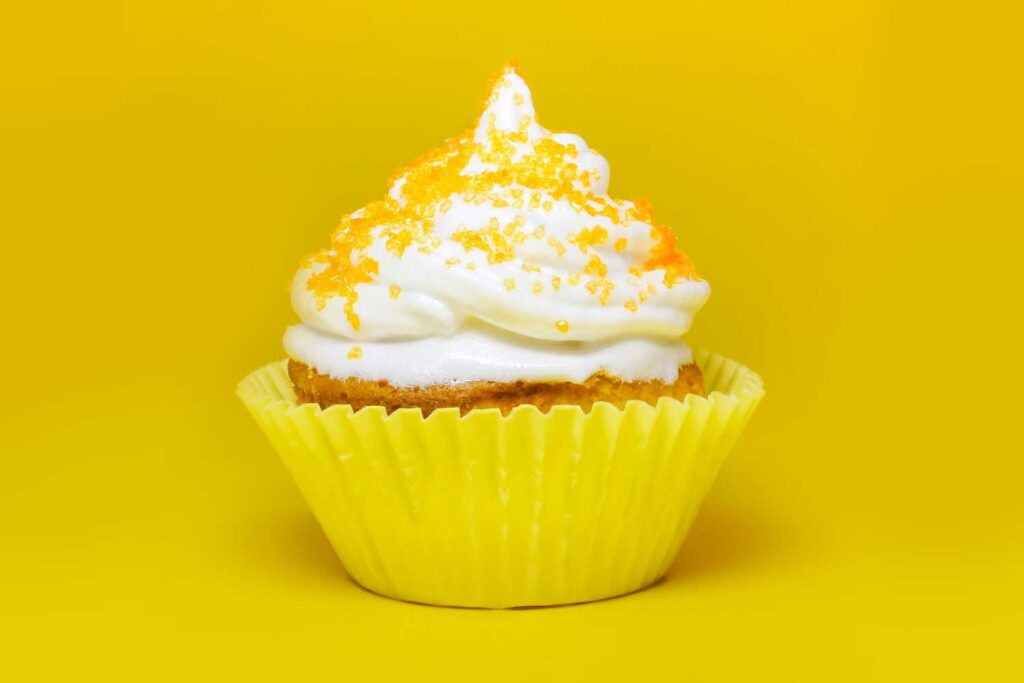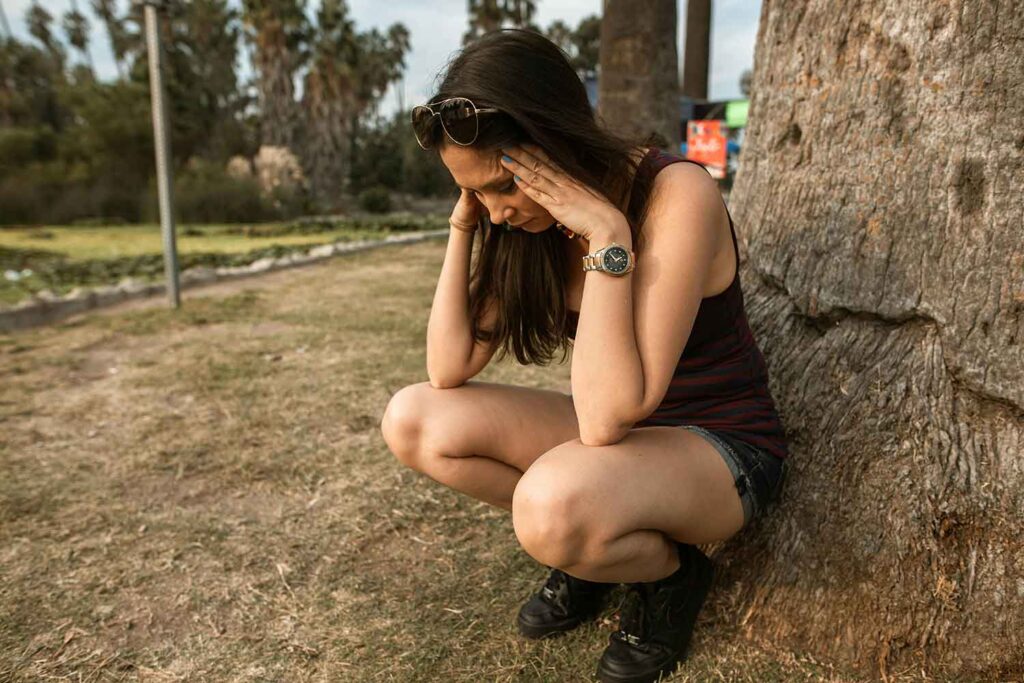Common marijuana withdrawal symptoms and treatments

We commonly associate withdrawal symptoms with substances such as cocaine, alcohol, meth, and others. You can even get withdrawal symptoms from not having coffee or from medication. With that said, you can also develop weed withdrawal symptoms. Before we get into that, let’s examine what withdrawal symptoms are and why people even get them.
What are withdrawal symptoms?
According to Very Well Mind, withdrawal symptoms are physical and emotional symptoms that a person feels after they stop using or reduce intake of a substance. If you’re experiencing withdrawal symptoms after you’ve reduced intake or stopped using a substance it means that you have a dependence on it. Dependence means that your body needs it in order to prevent withdrawal symptoms. What is interesting is that withdrawal symptoms are usually the opposite of what taking the substance does to you. Very Well Mind used the example of alcohol. Alcohol is a depressant, people often use it to calm their nerves. Someone experiencing withdrawal symptoms after they suddenly stop using alcohol may report feeling anxious or restless.
What causes dependence on weed?
We already know that weed isn’t highly addictive. However, depending on certain factors, people may become dependent or even addicted to weed. The Centers for Disease Control and Prevention (CDC) says that 1 in 10 people who use weed will be addicted. The chances are even higher if you’ve used it as a child. In addition to that, according to a study, around 300,000 persons in the US seek help for cannabis use disorder.
According to Healthline, THC is responsible for actually causing dependence. What the article meant is that your brain got used to delta-9 tetrahydrocannabinol (THC) at a certain level and so when that changes, you’ll experience withdrawal symptoms. Usually, this is more common with regular users because they are more likely to develop a tolerance to THC. Tolerance means you’ll need to keep using higher doses of a substanceto give you the same experience as a smaller dose used to.
As Healthline puts it, “The more you smoke, the more your brain depends on this supply of THC. When you stop, your brain has to adjust to not having it.” What may happen is that the symptoms are so unpleasant, people who may actually want to stop using weed, end up using it just so that the symptoms would go away.
The science behind weed withdrawal
According to a study, the CB1 receptors in the brain are downregulated and desensitized when weed is used regularly. However, after 2 days of stopping weed, the process starts to reverse. After about a month, the receptors should start functioning normally.
What are some weed withdrawal symptoms?
There are a number of withdrawal symptoms someone may experience after altering their marijuana use such as:
- Reduced appetite
- Marijuana cravings
- Sweating
- Increased feeling of depression
- Difficulty sleeping
- Nausea
- Restlessness
- Loss of focus
- Abdominal pain or stomach problems
- Irritability
- Headache
- Changes in mood
Healthline says the symptoms may not be dangerous just unpleasant. The symptoms may also vary between people. In addition to that, you don’t have to experience all symptoms to be officially going through withdrawal.
How do I know if I’m experiencing withdrawal?
According to American Addiction Centre, the following should be true for you to be officially experiencing withdrawal from marijuana:
- Experiencing three or more of the symptoms
- Symptoms beginning within a week after you’ve stopped using.
- Peaking of symptoms within 10 days after discontinued marijuana use.
- The steady decline in severity of symptoms (after the peak) over a period of 10-20 days.
- Quick relief of symptoms if weed is used again.
- The length and severity of symptoms are proportional to the amount of weed used how often the individual uses it. That means that heavy users would have longer and more severe withdrawal symptoms.
How long does weed withdrawal symptoms last?
According to Medical News Today, the withdrawal symptoms may last as long as 2 weeks. However, the symptoms would peak within the first week. Even though the physical symptoms may go away within two weeks, other symptoms may persist. According to the article, “Though the physical effects of marijuana withdrawal will stop after the drug has left a person’s system, the psychological symptoms can last longer.”
How to treat cannabis withdrawal
There are a number of ways to treat weed withdrawal. According to American Addiction Centers, medication can help to ease some of the symptoms such as sleep troubles. Here is a list of other options that should help to make the withdrawal period easier to deal with
- Avoid junk food, instead, opt for lean protein and plenty of fruits and vegetables.
- Exercise daily
- Keep hydrated by drinking lots of water. Getting dehydrated will definitely not make anything better. That also means avoiding sodas or any sugary or caffeinated drink.
- Stay busy so that you can be distracted from symptoms.
- Call up the Substance Abuse and Mental Health Services Administration‘s national helpline on 1-800-662-HELP (4357). It’s a free, 24 hours a day service.
- Seek support from friends
- Seek psychotherapy
- Find a detoxification program
- Join a support group
At the end of the day, Healthline suggests speaking with a professional like a doctor even if the symptoms aren’t serious. The article posits that having someone to offer advice and keep you accountable may be a good idea. Most people won’t need professional help and many of the tips listed will just make you feel better. For example, exercising helps you to sweat out toxins and feel better.
Conclusion
Heavy users of cannabis tend to have more severe and drawn-out withdrawal symptoms. However, for the most part, a majority of people experiencing these symptoms will be just fine. Weed doesn’t cause life-threatening withdrawal symptoms as other substances do. People can treat these symptoms with medication, diet, and exercise. However, for those who are struggling to stop using cannabis, professional help may be your best bet and the good news is that there are many options.


